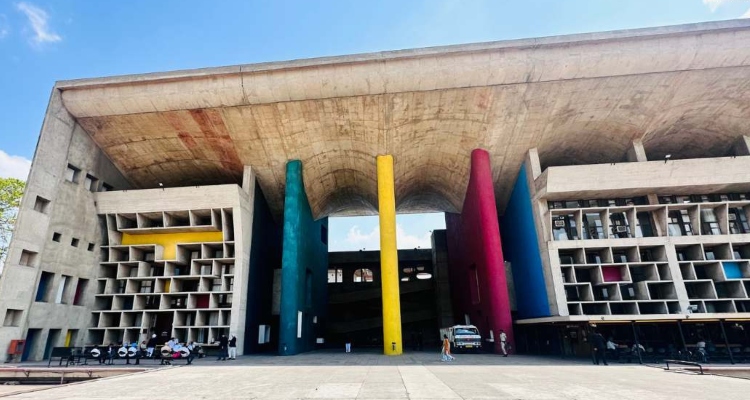
The Punjab and Haryana High Court has recently ruled that courts can’t accept partial compromises in criminal cases, stressing that all accused must be tried together.
A Division Bench, comprising Justices Sureshwar Thakur and Sudeepti Sharma, clarified that piecemeal settlements where the complainant or victim reaches an agreement with some of the accused—conflict with the provisions of Section 223 of the Code of Criminal Procedure, which is now replaced by Section 246 of the Bharatiya Nagarik Suraksha Sanhita (BNSS).
The court emphasized that allowing piecemeal settlements would undermine the integrity of the criminal justice system.
It stated, “To ensure that the victim/complainant does not become the driver of the criminal justice system, through piecemeal settlements, the Courts must reject such compromises and refrain from making piecemeal orders for the composition of offences.”
This ruling came in response to a reference by a co-ordinate bench regarding whether partial compromises could be accepted in criminal cases and how they might affect the trial of other accused individuals.
The court observed that previous instances of accepting piecemeal settlements by single-judge benches were likely outside the guidelines set by the Supreme Court for quashing cases after settlements between parties.
The Bench emphasized that the High Court must exercise restraint when dealing with partial settlements, as they can cause complications in the trial process. It noted that accepting partial compromises could lead to situations where the complainant or victim may feel disempowered if they later refuse to acknowledge the settlement.
This could lead to the invalidation of the composition order, complicating the case further.
Additionally, the court highlighted the potential for trials to become biased or vengeful if only some accused are included in a settlement. It pointed out that the remaining accused could claim that the trial was not about justice but rather about seeking revenge. In such cases, the trial might become an abuse of the legal process, subjecting the remaining accused to unnecessary harassment and humiliation.
The court also warned that a settlement with the main accused could hinder the public prosecutor’s ability to prove joint criminal liability, ultimately undermining the criminal justice system itself. It concluded that both the criminal system and the victim/complainant would suffer as a result.
In sum, the court made it clear that piecemeal settlements are incompatible with the fair and effective functioning of the criminal justice system and should be rejected to prevent misuse.




